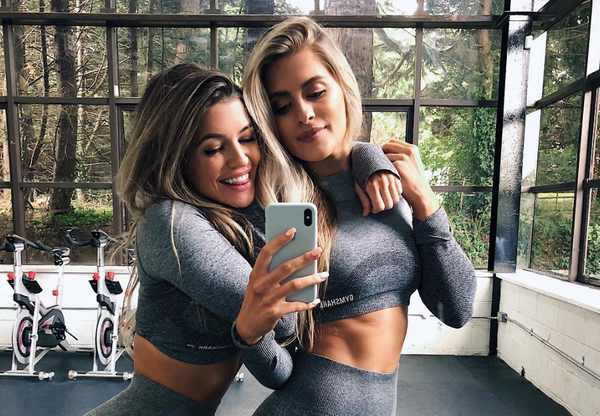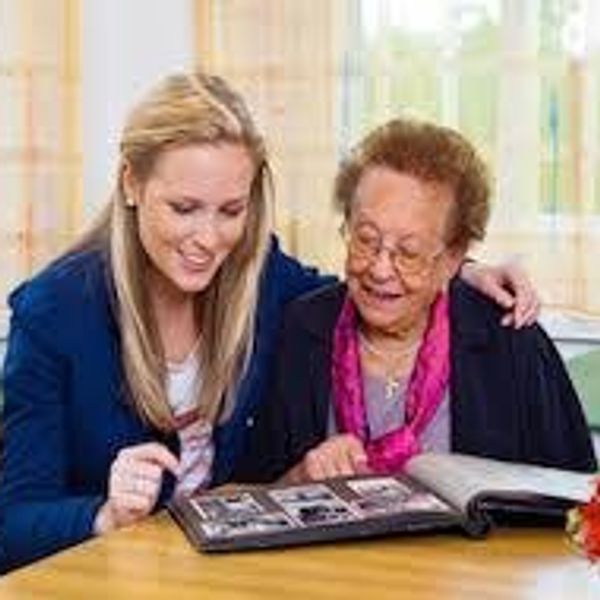Take yourself back to the headspace you were in when you got your first period. You feel vulnerable, confused, grossed out, even embarrassed about what your body is doing. Then you discover that you're going be going through this process every month for several decades and that just about everyone agrees with your initial assessment that periods are gross and embarrassing and something that women need to "fix".
Now imagine you're a company producing feminine hygiene products. Imagine creating an entire line of products targeted specifically at teens with the main message that they need to have a period "glow up" in order to be clean or hygienic. I'm all for educating young women about their periods and how to properly care for themselves and their bodies, but Vagisil has taken their It's OMV! ad campaign way too far.
While using platforms like TikTok and Instagram to reach teens specifically, Vagisil is promoting their new teen line of products called It's OMV! using words and phrases like "glow up" to hone in on a young and vulnerable audience. In their advertising campaign, they tell teen girls that "period itch and new smells are all normal" but that Vagisil can help them regain confidence and control over their period.
First of all, "period itch" and strong odors are absolutely not normal! If you are experiencing itching during your period, or smells that you think may be abnormal, you should go to the doctor. You shouldn't try to cover it up with creamsicle scented wipes or spray, especially if artificial scents have the potential to further irritate your skin. For Vagisil to state that these things are normal is irresponsible and potentially dangerous and harmful to women's health. By thinking these symptoms are normal, young women may choose to not go to the doctor when they need to, and could risk exacerbating preexisting vaginal or reproductive health issues. Additionally, the implication that It's OMV! products are the solution to these symptoms is completely untrue and is also exploitative to young women who may feel too embarrassed or insecure to seek out medical attention when they need it.
A more productive way to approach educating teens about sexual and reproductive health would be to first explain the science behind periods and all the reasons why periods are not gross and do not need to "glow up" or smell like creamsicles to be hygienic. Creating products like gentle unscented soaps or water wipes would be a more responsible and scientifically sound way to approach helping young women take care of themselves and feel confident while on their periods. And finally, it's so important that brands don't try to normalize symptoms that are abnormal in order to sell a product to teens. The marketing used by Vagisil is not only irresponsible in that it seeks to profit monetarily off of societal biases that periods are dirty or gross, it's also dangerous, potentially harmful, and exploitative towards a specifically vulnerable targeted base of consumers.
Because of this, many board certified ObGyn physicians are speaking out against the brand and it's predatory marketing practices. This video by YouTuber and ObGyn Mama Doctor Jones includes more specific information about the marketing as well as a compilation of other healthcare professionals speaking out against Vagisil. I encourage you to watch the video and look into the ways in which societal misconceptions about periods and feminine health have shaped how you perceive these topics. In next week's final installment of this series on sexual and reproductive healthcare, I plan to dive into the topic of pregnancy and maternal mortality rate disparities in America.



















